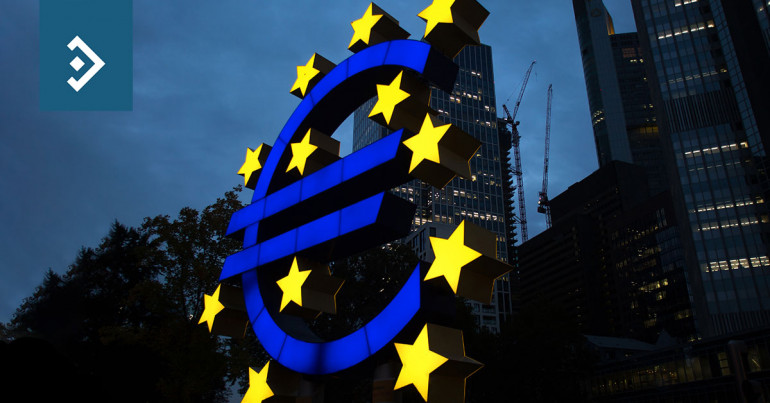
Deal to be announced today?
Morning mid-market rates – The majors
23rd December: Highlights
- Brexit deal rumours offset virus concerns
- Is 6½% GDP growth enough?
- IMF recommends ECB provide direct loans
Fishing rights breakthrough could see Brexit talks succeed
The UK had been facing the twin threats of its own isolation due to the rapid spread of the new strain of Coronavirus and the possibility of chaos at UK ports should no deal be agreed.
Those two issues appeared to have melded into one as France banned freight services between the two countries bringing chaos to the south east of the UK.
In further good news, France has eased restrictions overnight with the military being drafted in to assist with mass testing for lorry drivers.
In what was being labelled a dry run for a no deal Brexit, queues of lorries stretched for miles as with drivers rapidly running out of food and drink and comestible cargoes beginning to spoil.
The rebound in UK growth in Q3 was a little stronger than had been previously announced coming in at 16% versus 15.5%. This means that year on year to September the economy was still 8.6% lower and with the fourth quarter unlikely to add much positivity, the outlook remains difficult.
The rate of growth of new cases of Coronavirus continues to grow with scientists concerned that it is again out of control and there is a distinct possibility that the entire country will move to tier four restrictions from Saturday.
The pound has been suffering so far this week from the dual threats of Brexit and Covid but may get a little relief this morning.
Yesterday, it fell to a low of 1.3304 versus the dollar, rallying towards the end of the day to close at 1.3362.
Considering your next transfer? Log in to compare live quotes today.
Strong rebound in Q3 but issues remain
With more than 17 million people infected and close to 320k deaths the rollout and distribution of the Covid Vaccination cannot come fast enough.
Several States are toughening up restrictions on their citizens and a new wave of layoffs are expected as the recent agreement of a relief package is being labelled as too little too late.
With restrictions being placed on Christmas celebrations the effect on consumer confidence, retail sales and economic activity will fall but the most significant result will be a continued rise in weekly jobless claims.
The jobless data which is due for release later today could see new claims reaching 900k again as the Q3 recovery becomes a distant memory.
The volatile data for durable goods orders will be released later as well. This shows the strength of orders for big ticket items like ships and airplanes and is a good indicator for economic activity as several areas of the economy contribute to the supply chain.
Core personal expenditure is the Fed’s favoured measure of inflation since it is an indicator of what households actually spend on a monthly basis. Data for November will be released later and is expected to have fallen marginally in the month, possibly into negative territory as Covid restrictions limit access to all but essential items.
The dollar index has been volatile so far this week and with a long weekend on the horizon, position squaring could see shorts covered over the next couple of days. Yesterday, it traded up to 90.71, closing at 90.63.
Credit crunch could see Central Bank enter market
They warn of a pending credit crunch across the Eurozone where banks become unable to lend to commerce and industry in the sums that will become necessary.
That could mean that the issue that has been argued over in the U.S. where the Central Bank becomes involved in commercial operations crosses the Atlantic.
This would be the most radical of several radical moves but would be expected to be temporary, with loans being taken on by banks when the situation improves.
Having said that, QE was also intended to be a temporary measure to ensure sufficient capital was in the system to weather the financial crisis and now, twelve years later, it is an accepted policy across the entire system.
If the EU were forward thinking enough, it could easily create an EU owned bank funded by the ECB but lending on a commercial basis across the entire union. This could relieve the pressure on both the commercial banking system and ECB.
In the meantime, the IMF is calling for Government spending to be increased with infrastructure and job creation plans taking priority. Earlier in the year there were calls for additional funding to be used to provide tangible benefits for future generations rather than throwing good money after bad.
Data released late last week showed that business conditions in Germany were slowly beginning to improve. So far, that improvement hasn’t fed through into consumer confidence which continues to fall. This is most likely a response to the more stringent restrictions that have been put in place recently.
The euro continues to be buffeted by the dollar. It has been volatile in a relatively narrow range recently and yesterday it traded between 1.2257 and 1.2152, closing at 1.2157.

About Alan Hill
Alan has been involved in the FX market for more than 25 years and brings a wealth of experience to his content. His knowledge has been gained while trading through some of the most volatile periods of recent history. His commentary relies on an understanding of past events and how they will affect future market performance.”



